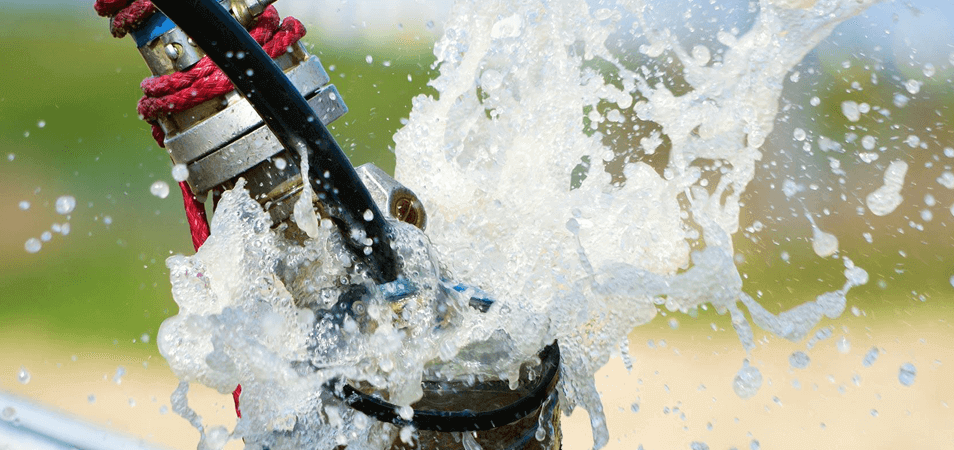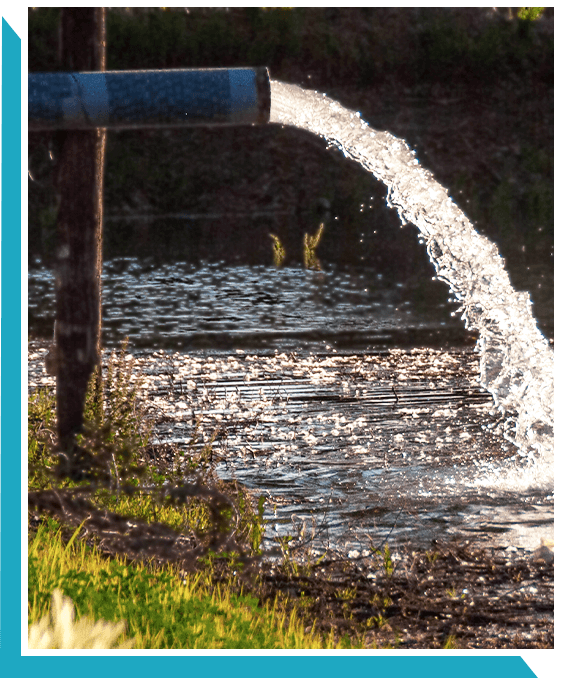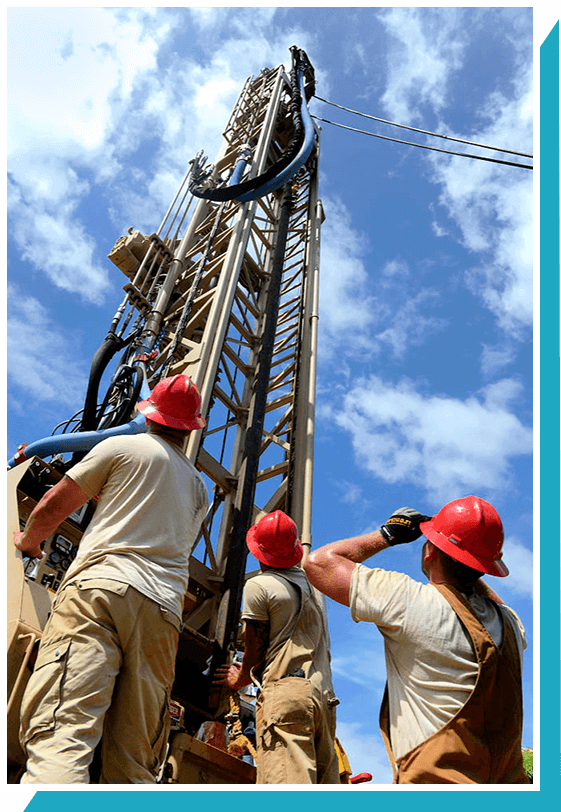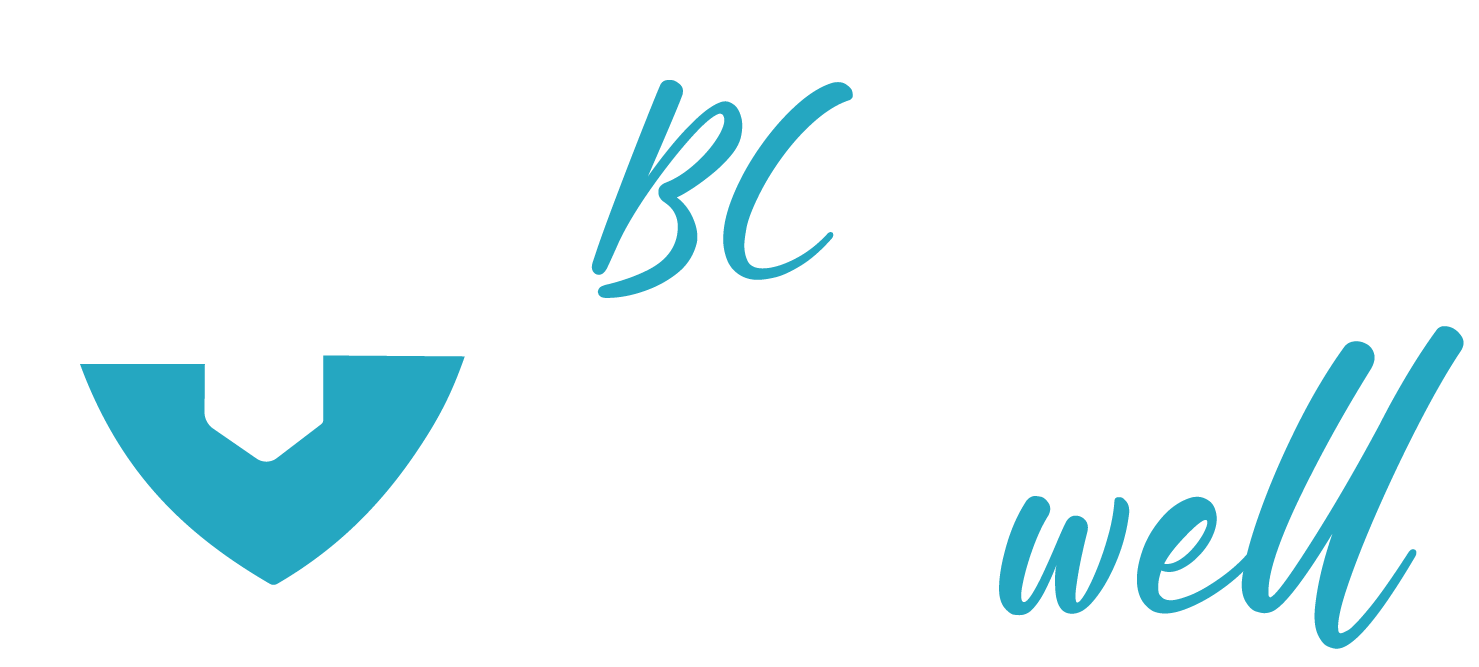FRASER VALLEY WELL DRILLING COST FOR 2024
Request an Estimate for the Fraser Valley Well Drilling Cost for Abbotsford, Chilliwack, Yarrow, Sardis, Clearbrook, Harrison Lake, Hope, Ladner, Langley, Fort Langley, Aldergrove, Cloverdale, Maple Ridge, Albion, Whonnock, Ruskin, Mission, Dewdney
2024 FRASER VALLEY WELL DRILLING COST
BC Water Well serves the Fraser Valley including Abbotsford, Chilliwack, Yarrow, Sardis, Clearbrook, Harrison Lake, Hope, Ladner, Langley, Fort Langley, Aldergrove, Cloverdale, Maple Ridge, Albion, Whonnock, Ruskin, Mission, Dewdney

FRASER VALLEY WELL DRILLING
Where We Drill Water Wells in the Fraser Valley
FRASER VALLEY OF BC MAINLAND
Abbotsford| Chilliwack | Yarrow | Sardis | Clearbrook| Harrison | Lake | Hope | Ladner | Langley | Fort Langley | Aldergrove| Cloverdale | Maple Ridge | Albion | Whonnock | Ruskin | Mission | Dewdney
SEA-TO-SKY
Squamish | Whistler | Pemberton
fraser valley Water Well FAQ
Are permits required to drill a water well in the Fraser Valley?
A well drilling permit is not required to a drill a water well in British Columbia. Domestic Water Well User in BC also do not require a license providing the purpose of the water well is for domestic purposes only.
What is a Domestic Water Well User in BC?
A sole purpose of a domestic water well in British Columbia is for the use of groundwater water for a private dwelling household, fire prevention, private lawn and garden watering not to exceed a metric dunam or 1,000 square meters or a ¼ of an acre, also domestic use of groundwater in BC includes water for domestic animals or poultry kept as pets or for household use.
Other Possible Well Drilling Requirements in British Columbia
You need to ensure that you have all other necessary permits or assessments before drilling a domestic water well in BC. This may include Water Supply Systems, Environmental Assessments, Permit for over Crown Land or Crown Land Tenure if any of your work is on or cross Crown Land, Municipal (bylaws) or local government permits.
It’s very important to be familiar with local municipal bylaws that may affect setbacks or other requirements that you need to be aware of, or easements or agreement to access property if your work is on or will cross someone else’s private property.
Water Well Setbacks For British Columbia
Horizontal setbacks for new water supply wells in British Columbia:
To safeguard the quality and quantity of the groundwater resources in British Columbia, new water supply wells used to supply water domestic and non-domestic must be sited at least the following distances from existing features.
6 m (20 ft) from the any private dwelling (Health Hazards Regulation);
15 m (50 ft) from an existing water supply well that is used or intended to be used (GWPR),
unless:
– the owner of the proposed well also owns the existing water supply well and only one well is proposed to be drilled, or
– it is not practicable to do so. In this case, a professional with competency in hydrogeology can prepare alternative specifications for the siting of the new well, so that the existing uses of the existing water supply well will not be adversely affected.
These alternative specifications must be submitted to and accepted by a BC Engineer
- 30 m (100 ft) from a known or probable source of contamination (e.g., cesspool, privy vault, manure heap stable, pigsty) (Health Hazards Regulation)
- 120 m (400 ft) from an existing cemetery or a dumping ground (e.g., landfill), unless contamination of the well would be impossible because of the physical conformation (Health Hazards Regulation)
- 50 m (165 ft) from the shoreline of a saltwater body.
Wells less than 500 m (1,650 ft) from the coastline are at risk of drawing in saltwater (see Best Practices for Prevention of Saltwater Intrusion).
Setbacks for new features relative to existing water supply wells in British Columbia:
To safeguard public health and groundwater quality, the discharge area of a new sewerage system or storm water infiltration system must be sited at least the following distances from an existing water supply well:
- 30 m (100 ft) for a sewerage system with a maximum daily design flow of less than 22.7 m3/day (Sewerage System Regulation, Sewerage System Standard Practice Manual
- 60 m (200 ft) for a sewerage system with a maximum daily design flow of less than 22.7 m3/day, from a high pumping rate community well (i.e. a well or well group that supplies water to more than 500 persons or is pumped for more than 3 months at a rate exceeding 190 L/min (50 USgpm)) (Sewerage System Standard Practice Manual)
- 90 m (300 ft) for a sewerage system with a maximum daily design flow of less than 22.7 m3/day, from a high pumping rate community well completed in an unconfined aquifer (Sewerage System Standard Practice Manual)
- 60 m (200 ft) for a sewerage system that has a maximum daily flow of between 22.7 and 37 m3/day, regardless of whether the water supply well is completed in a confined or unconfined aquifer (Municipal Wastewater Regulation)
- 90 m (300 ft) for a sewerage system that has a maximum daily flow greater than or equal to 37 m3/day (Municipal Wastewater Regulation)
- 300 m (1,000 ft) for a sewerage system that has a maximum daily flow greater than or equal to 37 m3/day, from a water supply well completed in an unconfined aquifer (Municipal Wastewater Regulation)The zone of influence of the domestic water supply well must not include the point of discharge of a non-disinfected effluent (Municipal Wastewater Regulation).
- 60 m (200 ft) for an underground storm water infiltration system (Underground Storm water infiltration – Best Practices for Protection of Groundwater Resources in BC)
If one or more of the above setback distances applies to a well, the most conservative (greatest) setback distance should be used.
Setbacks marked with an asterisk (*) may be reduced following consultation with a professional with competency in hydrogeology and/or a local regulatory authority. In these cases, refer to the corresponding regulations and/or guidelines, as special conditions may apply.
It is recommended that the professional consult with the appropriate regulatory authority before a hydrogeological study is initiated. For setbacks from sewerage systems under the SSR, refer to APEGBC’s Professional Practice Guidelines for Onsite Sewerage Systems.
How long will a water well last in the Fraser Valley?
Water wells are a reliable source of water for many Fraser Valley homes and businesses. But how long does a drilled water well really last? While the average water well has a life expectancy of between 25 and 100 years, there are many factors that can affect a well’s longevity.
The type of well, the quality of materials used to construct the well, and the local ground water conditions all play a role in determining how long a water well will last in British Columbia.
Generally, water wells last longer in areas with good water quality and little ground movement. In contrast, water wells in areas with high water tables or frequent ground movements, such as earthquakes, can have shorter lifespans.
Deeper wells tend to last longer than shallow wells because they’re less susceptible to contamination from surface water. Additionally, water wells located in areas with a lot of groundwater typically have a longer lifespan than those in arid regions.
The type of well, the materials used to construct the well, and the local ground water conditions all play a role in determining how long a water well will last.
A water well constructed with steel casing is more likely to last longer than a water well constructed with concrete casing. Ultimately, there’s no way to give an exact answer for how long a water well will last.
It’s not uncommon for water wells to last upwards of 50 years with proper maintenance and water quality testing can help to extend the life of a water well.
The best way to prolong the life of your water well is to have it regularly inspected and maintenance by a qualified water well or well pump contractor. By taking these simple steps, you can ensure that your water well will provide years of trouble-free service.
What Factors Determines the Cost to Drill a Well in the Fraser Valley?
When shopping around for a local well drilling contractor to drill your new water well, make sure that all the well drilling cost estimates you receive are comprehensive. The cost to drill a well in the Fraser Valley will vary considerably depending on several factors, including:
– Well Drilling Equipment Required:
Different well drilling rigs have different capabilities, so the type of rig used required to drill will affect the price. If a well drilling contractor must use a more powerful rig, it will drive up the cost to drill a well in British Columbia.
– Ground Makeup:
The type of ground (sand, gravel, rock) and how deep the water source is will also affect the water well cost. If the water is deep down in solid rock, it will be more expensive to reach than if it’s close to the surface in sandy soil.
Although the price per foot to drill in bedrock is much less that drilling in overburden as bedrock drilling in British Columbia will not require the high additional cost of steel casing.
– The Volume of Water Required:
If you need a lot of water, the well driller may have to drill a larger diameter well, which will cost more to install.
The price of a water well may seem like a significant investment, keep in mind that a well can provide an unlimited supply of safe, clean water for your home or business. When compared to the cost of municipal water over time, a well can be a very cost-effective solution.
By understanding all the factors that go into well drilling in the Province, you can be sure to get the best possible value for your investment, even the value of your BC land depends on a good producing water well.
These are just some of the factors that can affect the cost of drilling a water well in the Fraser Valley. Make sure you get a comprehensive estimate from a BC Water Well contractor who services the local area,

FRASER VALLEY WELL DRILLING COST 2024
The cost of drilling a well in the Fraser Valley in 2024 has increased significantly.
When searching Google for “Well Drilling Cost Near Me” lots of random information for water well drilling in general will appear, but you will not find specific information for the cost to drill a well specifically on your property in the Fraser Valley.
If you have not drilled a water well before, it’s probably safe to say that you’re not going to invest more money into a product with so little upfront information than drilling a well.
The Fraser Valley Well Drilling Cost will depend on a number of factors, including the completed depth of the well, the type of well, and the property location.
In general, shallow wells and sand-point wells tend to be less expensive than deeper drilled wells. Most of the water wells installed in the Fraser Valley are 6″ diameter drilled wells. Well drilling in the more remote areas of the BC mainland can be more expensive due to the extra travel costs and sometimes out-of-town expenses.
The best way to get an accurate estimate for the Fraser Valley Well Drilling Cost is online.
We are completely acquainted with all aspects of water well construction and provide detailed online estimates for the cost of drilling a well in the Fraser Valley area.
We understand that drilling a well is a significant investment in 2024, and we provide our clients with the best possible water well service.

FRASER VALLEY Well Drilling tips
Drilling for water on your property is an investment, real estate without water in BC may affect its value. Most buyers and lenders are apprehensive when it comes to purchasing real estate without a source of water. A properly installed water well could last 40 years or more, a good drilled well is definitely worth the cost of installation!
The cost of drilling for water in British Columbia has increased substantially over the past couple of years, in 2024, the cost to drill a water well in the Fraser Valley will be at the highest the well drilling industry has ever experienced for domestic water wells.
Installing a new drilled water well in BC will generally cost anywhere from $15,000 on the very low end and upwards to $30,000 or more, provided you hit water and only need to drill once.
There is always the possibility of drilling a dry hole just about anywhere in British Columbia, which will definitely increase the cost of locating water on your property.
It’s very important to reduce the risk of drilling a dry well when possible, as drilling a non-producing well can be costly for a property owner.
The Fraser Valley well drilling cost will depend on several factors, such as the local geologic materials into which a well is drilled, the completed drilling depth of the borehole, water well construction, the amount of steel casing required and the diameter, if a stainless steel well screen is installed, how many are required, and there are other components that determine the cost of drilling a water well.
Anyone considering purchasing land or preparing to build should not only first determine water availability in the immediate area but also understand the cost of drilling a new water well by obtaining a detailed local well drilling cost estimate along with the estimated cost of a submersible water well pump package designed to match a specific well drilling estimate.
Most people are not aware that the cost to drill a new water well and putting a new water source into service can vary significantly from one area to another, even from one neighbouring property to another.
Also, the water quality of any water well should never be assumed or compared to that of a nearby or neighbouring well’s water quality report. Water quality from one well to another will differ as a rule, even if the wells are just a short distance apart.
Do your research and get your well drilling cost and water well pump estimates upfront. We also offer to send your well drilling estimate for additional well pump installation so you have a more complete price. This may also involve you having a conversation with a well pump installer prior to drilling for water.
Typically, the drilling of a new well is the most expensive part of the entire water well installation process, but not always. The installation of a water submersible well pump system will follow the drilling and completion of a new well as necessary by a qualified BC well driller. A submersible well pump and pressure system is required to pump water from a drilled well.
When requesting a Fraser Valley Well Drilling Cost estimate, you should have enough information to roughly determine the cost of the water pumping system.
Water well cost estimates are based on local knowledge and the research done by the estimator, this is why we prefer to provide detailed estimates rather than ballparking the costs for property owners.
Connecting with an experienced well pump expert prior to drilling your well can be very helpful and might even save you some money by planning ahead! If you are building a new home there are some great tips that a well pump installer can suggest that will greatly improve the operation of your water well system, but these are all things you need to know sometimes even prior to plumbing the home!
It’s all in the planning… and remember plumbers are typically not water well people, it’s usually not wise to depend on a plumber for water well or well pump advice.
The drilling of a water well is usually the most expensive part, but well pump systems are also a significant part of the total cost and a necessary part of the installation of a new water system. The well pump installation should be considered as part of the water well cost, yet most people don’t even consider the well pump installation until after the well has been drilled.
We have a few Fraser Valley Well Drilling Tips to keep in mind when drilling for water on your property
Installing a new drilled water well in the Fraser Valley, will generally cost anywhere from $10,000 on the low end and upwards to $30,000 or more, provided that the water is located and you only need to drill once.
Fraser Valley Well Drilling Tip #1:
It’s important to know WHERE to drill for water on your property, where exactly are you most likely going to hit the greatest amount of water as quickly as possible? Do you know that this actually does not occur to most people when preparing to drill for water?
Remember, you are paying by the foot to drill for water in the Fraser Valley, and that can be anywhere from $45.00 to $90.00 per foot depending, Completing your project with a dry hole is a financial nightmare for people. This is a HUGE tip!
If you don’t know where it is best to drill on your property, you might want to learn more about siting your water well in the Fraser Valley.
Fraser Valley Well Drilling Tips #2:
The next most important water well tip is to establish a detailed estimate for the complete cost of installing a water well, not just the drilling cost. For the most part, we are able to assess your land and water requirements online, and we can also recommend the best submersible pump expert for your area and system.
Your new drilled water well will likely require a submersible well pump installation and perhaps a water treatment system. Some Fraser Valley Well Pump companies are well versed in both pumps and water filtration, they are complete specialists in building new water well systems, while other well pump companies are focused on servicing older or existing water well systems. This is a very important distinction for a property owner installing a new water well in the Fraser Valley to understand.
While most people are focused on the cost of drilling a well in the Fraser Valley, well pump installation is equally important and should also be considered prior to drilling a well!
Far to often, this is left until after the well is drilled. Connecting with the right pump expert for your project is vital. A well pump installer will provide an estimated well pump cost, but they can also help with water well pumping design
Good well pump experts provide a wealth of information and will help you not waste money by pre-planning the well pump installation… BEFORE drilling for water!
Fraser Valley Well Drilling Cost has increased substantially over the past couple of years. In 2024, the cost to drill a water well will be the highest the well drilling industry has ever experienced for domestic water wells. However, a properly installed water well could last 40 years or more, so it is definitely worth the cost of drilling, but it’s very important to do it properly from the beginning.
Finally, be sure to have all of the necessary permits and approvals in place before starting any work, this might also include a BC 1 Call. Drilling for water can be a complicated process, but following these tips and planning ahead will help ensure a successful project when drilling for water in the Fraser Valley.
British Columbia Well Drilling Setback and FAQ
BC Water Well
Fraser Valley Well Drilling
Abbotsford | Chilliwack | Yarrow | Sardis | Clearbrook | Harrison | Lake | Hope |
Ladner | Langley | Fort Langley |
Aldergrove | Cloverdale | Maple Ridge | Albion | Whonnock | Ruskin | Mission | Dewdney

